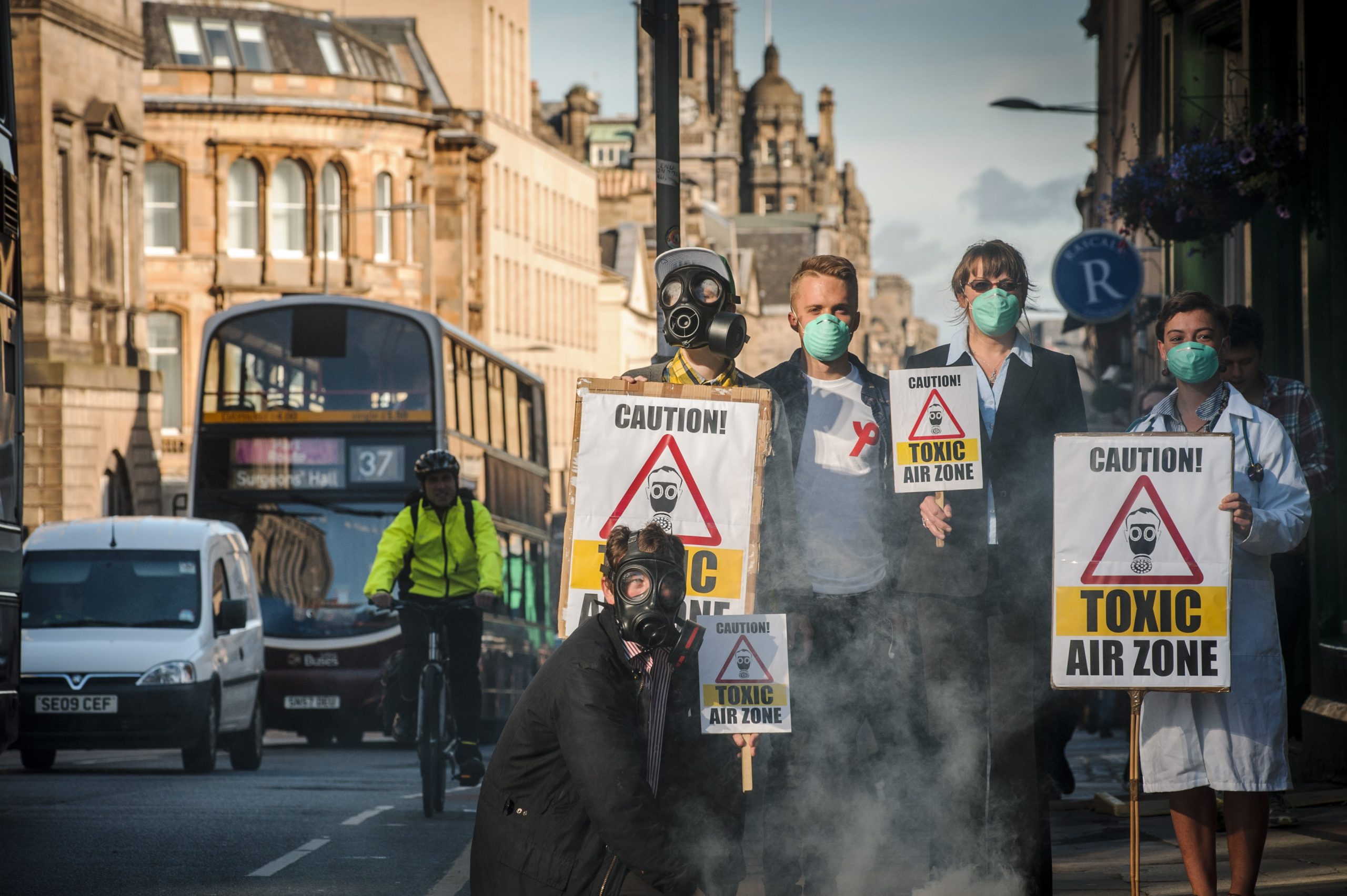
SRT grantee partner CHEM Trust highlights shortcomings in UK’s post-Brexit chemical regulation
A review conducted by CHEM Trust has found significant shortcomings in the UK’s post-Brexit chemical regulatory system, known as UK REACH. Despite government assurances that the UK would maintain environmental protections post-Brexit, the UK’s decision to establish a separate regulatory system has allegedly left the country vulnerable to toxic chemicals.
The review found underfunding, understaffing, and a lack of expertise throughout UK REACH, leading to delays and inefficiencies in chemical regulation. As a result, the UK risks being exposed to toxic chemicals that are now being banned or restricted in Europe.
For example, tetraethyl lead, which can cause neurological disorders, has long been banned from fuel for surface vehicles, but it continues to be used in aircraft fuel. In 2022 however, the EU ruled that it must be phased out of aircraft fuel – something the UK has still not yet ruled. A similar situation can be seen with endocrine-disrupting chemicals in children’s toys, formaldehyde, brominated flame retardants and the microplastics intentionally added to fertilisers and artificial sport surfaces.
The government has also decided that workplace exposure limits on dimethylformamide, and restrictions of polycyclic aromatic hydrocarbons in synthetic sports pitches, of lead in PVC products and of hazardous substances in disposable nappies are “not a priority for action this year”. The potential side-effects listed for the above chemicals include “carcinogenic”, “toxic to reproduction” and “neurotoxic”. Part of its reasoning is that it wants data to evidence that these substances pose a risk specifically within Great Britain.
Additionally, in the EU, there is now a total ban on the use of neonicotinoid pesticides, an insect repellent used to protect crops which can damage bee populations as well as being potentially harmful to humans. But every year since leaving the EU, the UK government has granted an “emergency” exemption from the supposed ban, following lobbying by sugar beet producers and the National Farmers Union.
Notably, the CHEM Trust review also found that the UK has yet to adopt any new bans or restrictions on harmful substances, compared to nine new restrictions adopted by the EU since Brexit. This disparity is expected to widen if the EU’s ambitious Restrictions Roadmap, targeting thousands of chemicals for ban by 2030, is fully implemented.
CHEM Trust is urging the government to strengthen UK REACH to meet or exceed EU chemical laws and standards. They advocate for a regulatory system akin to Switzerland’s, which aligns with EU chemical safety laws. This would ensure a long-term, cost-effective, and sustainable approach to chemical regulation while upholding high standards of safety and environmental protection. There is also a growing civil society action from groups pushing for better regulation, such as the Wildlife and Countryside Link and their Chemicals Taskforce, that brings together the collective expertise of different environmental NGOs.
Chloe Alexander, Senior Campaigner at CHEM Trust, concluded: “Three years on from establishing a regulatory system independent of the EU’s, it’s striking how little progress has been made in banning harmful substances and controlling pollution at source. The latest UK REACH work programme offers far fewer and weaker protections from hazardous chemicals than its EU equivalent, and at an even slower pace. All of its priorities involve additional preparatory work gathering evidence and analysing regulatory options, which hinder the regulator’s ability to take swift action. This is resulting in a second-rate system for regulating chemicals and less protection for people and nature in the UK from harmful chemicals than our European neighbours.”
Return to grantee stories
